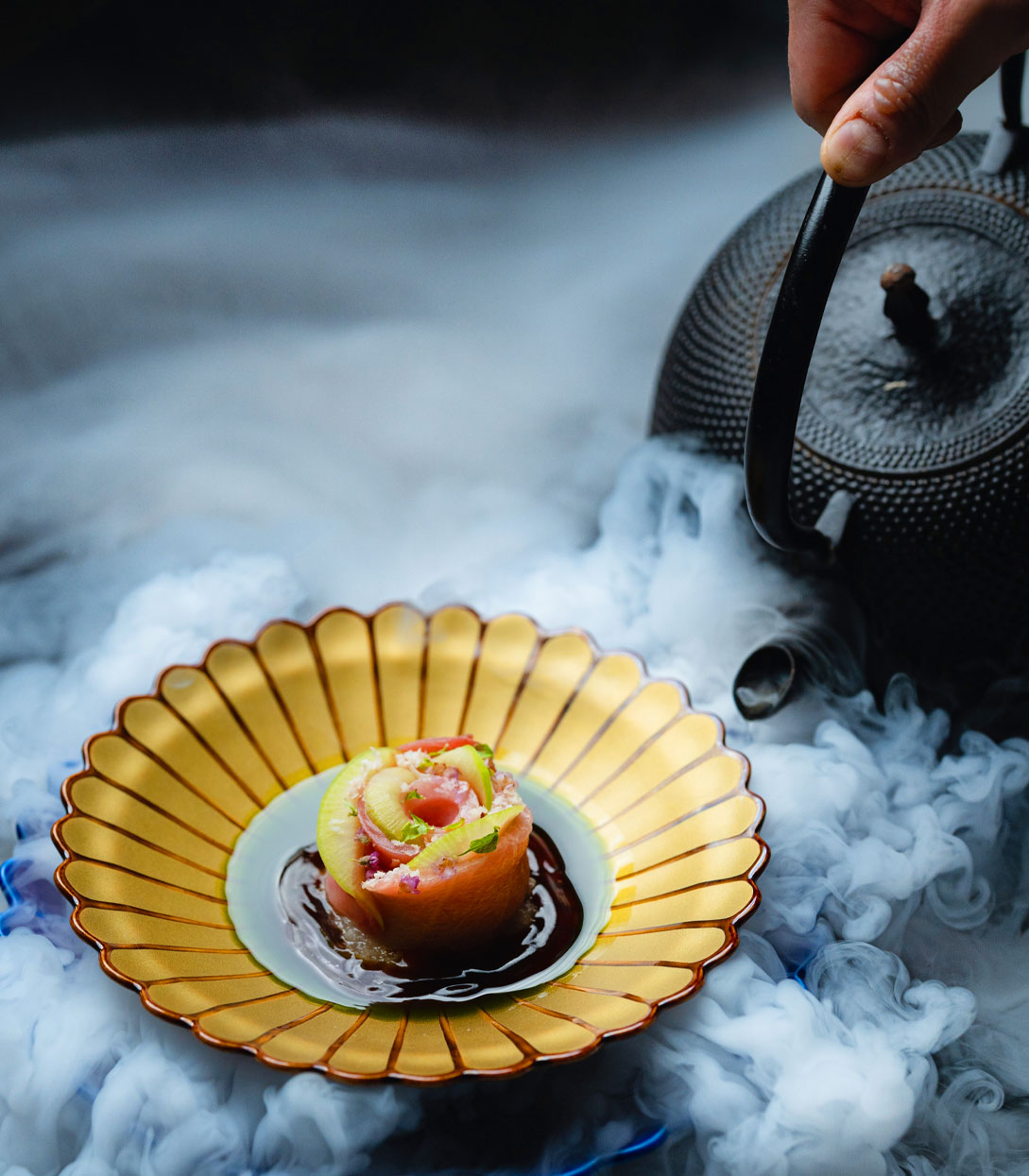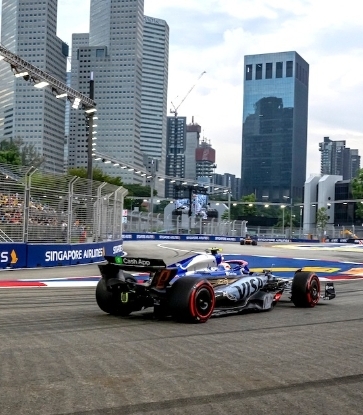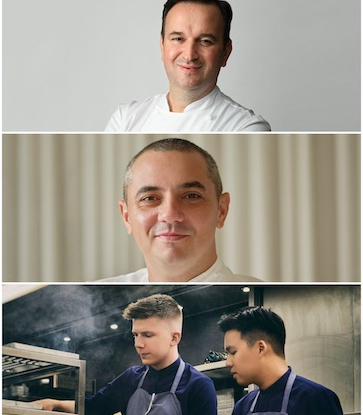Crazy Rich Asians is hot—chilli padi hot. The Hollywood film, which debuted in the United States on August 15, features fabulous frocks, ostentatious parties and catty eye-rolls, and struck box office gold by raking in $34 million over its opening weekend.
The romantic comedy, which stars Constance Wu and Henry Golding, is also a watershed film. It features an all-Asian ensemble cast that includes actors from Singapore, Malaysia, the Philippines and the U.S.—a first for a major Hollywood film since The Joy Luck Club in 1993.

The movie has also spawned a social media movement, #GoldOpen, in which affluent Asian industry leaders and celebrities buy out movie screenings to raise awareness about the lack of Asian representation in Hollywood.
The movie is adapted from the 2013 best-selling novel of the same name by Singapore-born author Kevin Kwan, whose great-uncle, Dr. Hu Tsai Kuen, started Tiger Balm, the now-renowned muscle pain relief ointment. In the book, an American economics professor, Rachel, gets a culture shock when she meets her boyfriend Nick’s ultra-elite family in Singapore.
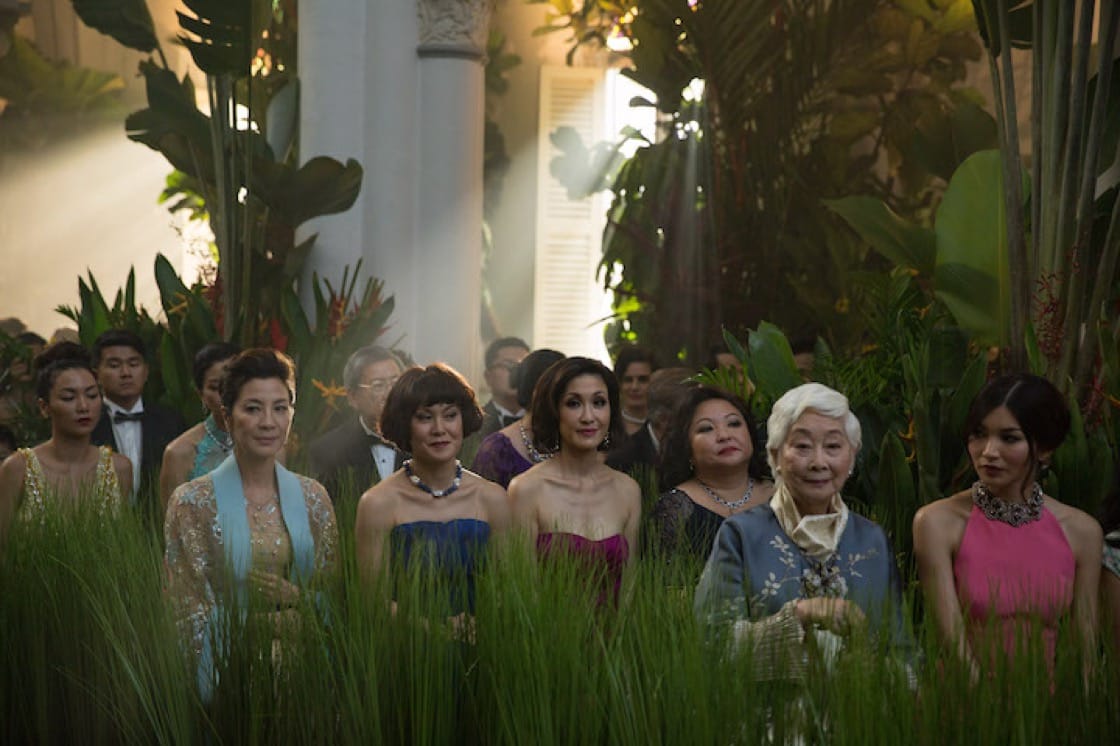
With Singapore as the setting for the book and movie, it is little surprise that food plays a vital part in the tale. In his novel, Kwan liberally sprinkles references to popular dishes and eating hotspots in Singapore, such as chilli crab from No Signboard Seafood, chocolate fudge cakes from Awfully Chocolate, satay from Lau Pa Sat and rojak from “that stall on the top floor of Lucky Plaza.”
Here are some of the iconic restaurants and mouth-watering food mentioned in the Crazy Rich Asians novel.

Lau Pa Sat
In the Book: Shortly after landing in Singapore, Rachel is whisked off to one of the island’s most well-known hawker centers, Lau Pa Sat, in the heart of the Central Business District. She is accompanied by Nicholas’s friends, "it" society couple Colin Khoo and Araminta Li, who are on the cusp of throwing the wedding of the year.The Food: The quartet dig into local food such as char kway teow, fried oyster omelette (orh luah), rojak and Hokkien mee. They also order a hundred sticks of chicken and beef satay from the satay street vendors outside Lau Pa Sat. After 7:00 p.m. daily, about 10 satay stalls set up on Boon Tat Street with hawkers fanning off huge clouds of smoke from the the piping-hot trays of charcoal.
However, in the movie, Rachel is taken instead to another popular tourist food spot, Newton Circus Food Center, home to three hawker stalls listed in the MICHELIN Guide. Two of them are Bib Gourmand recipients—Heng, which serves fried carrot cake and oyster omelettes, and Alliance Seafood, which is known for barbecued seafood and black pepper crab. Ah Gong Traditional Hainanese Chicken Rice is recognized with a Michelin Plate.
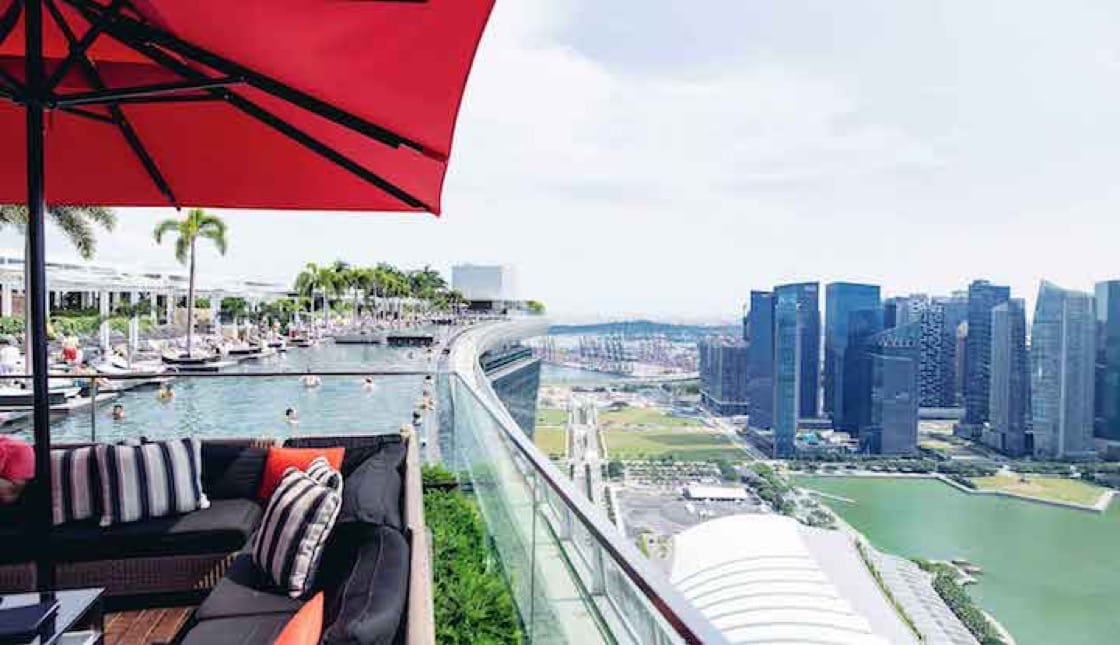
Ce La Vi Skybar at Marina Bay SkyPark
In the Book: The book has a happy ending—spoiler alert—Nick and Rachel get back together after a fall-out with his imposing mother, Eleanor. What better way to celebrate the unexpected twist of events with a couple of Singapore Slings—the iconic pink gin-based cocktail made famous by Raffles Hotel—at one of Singapore’s most panoramic spots, the SkyPark on the 57th level of Marina Bay Sands. The reunited couple celebrate the moment with Rachel’s mother Kerry and friend Peik Lin.The Food: The SkyPark is home to three restaurants and bars. They are the Michelin-recognized Californian restaurant Spago by celebrity chef Wolfgang Puck, LAVO Italian Restaurant & Rooftop Bar, the local outpost of the famous United States-based Italian-American restaurant, and Ce La Vi, which has a SkyBar that boasts an unparalleled view of the city skyline, Gardens By The Bay and the Singapore Strait. Ce La Vi serves a Singapore Sling concocted with Tanqueray No. 10 gin, Cointreau, Benedictine, Peter Heering Cherry, Angostura Bitters and grenadine syrup.
No Signboard Seafood
In the Book: En route to Araminta’s snazzy bachelorette party on Samsara Island, a gaggle of 20 socialites engage in raucous conversation. One of the snippets that Rachel overhears is “Nonsense lah! No Signboard Seafood still has the best chilli crab…”The Food: Instead of chilli crab, No Signboard Seafood is actually most well-known for its white pepper crab that was created by the late Madam Ong Kim Hoi, who started her stall at Mattar Road Hawker Center in Aljunied in the 1970s. But it also serves other seafood zichar dishes such as chilli crab and Hokkien-style steamed fish. Today, the seafood restaurant has four outlets in the Esplanade, VivoCity, Central at Clarke Quay and at its long-time location in Geylang. It has also grown into a publicly listed company with subsidiaries dealing in beer and ready-to-eat meals.

Min Jiang
In the Book: Peik Lin’s property developer father Goh Wye Mun visits Dr. Gu, a sagely retired doctor who has an encyclopedic knowledge of Singapore history, in hopes of extracting out more information on the wealthy Young family. After finding out the vast extent of the Young’s wealth, Peik Lin suggests inviting Rachel and Nick to “somewhere classy like Min Jiang.”The Food: Of the Chinese restaurant designated with a Michelin Plate, our inspectors, say, “the graceful and immaculately kept Min Jiang has been a celebrated part of Goodwood Park hotel since 1982. It’s named after the Min River in Sichuan province and serves dishes from this region, along with Cantonese specialities. Highlights include crispy chicken, sautéed prawns with dried red chile, hairy crab in season and hot and sour soup. The restaurant is also well known for its very popular dim sum, served from trolleys at lunchtime.”
Rojak Stall in Lucky Plaza
In the Book: Nick’s over-bearing mother Eleanor dismisses her son’s claims that a Holland Village stall serves good rojak, a traditional spicy fruit salad. “Nonsense! Everyone knows that the only place to go for rojak is that stall on the top floor of Lucky Plaza,” she exclaims.The Food: We believe that Eleanor might be referring to William’s Rojak on the fifth floor of Far East Plaza instead. The now-defunct shop is known for its Singapore-style mixed fruit salad that has crispy youtiao (Chinese fried churros), fruit and vegetables tossed in shrimp paste sauce.







